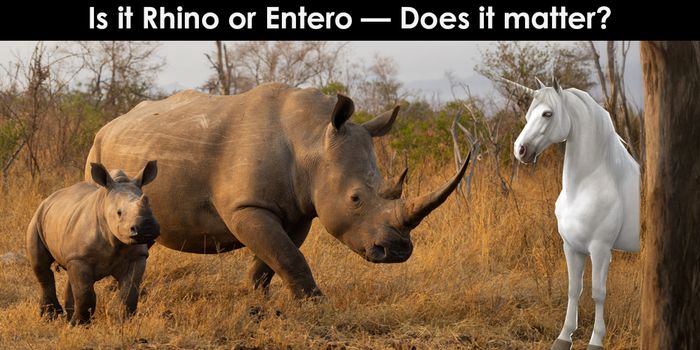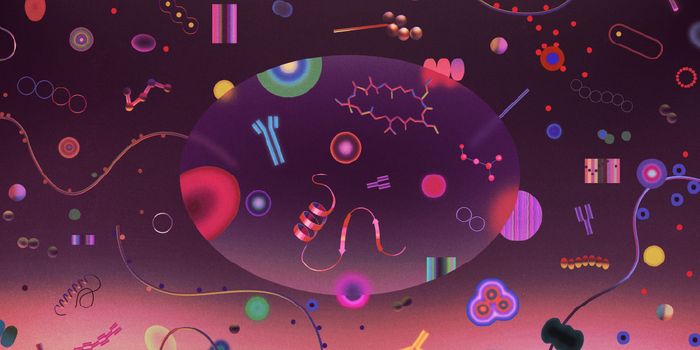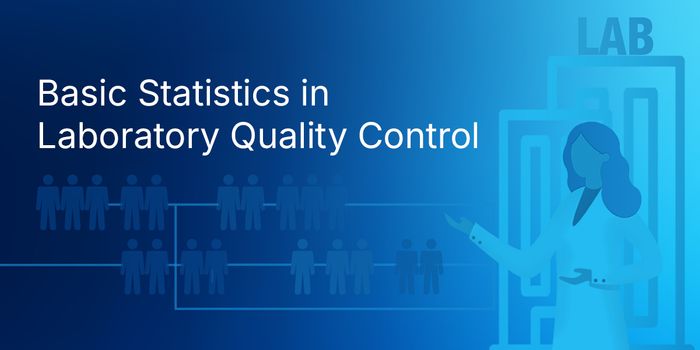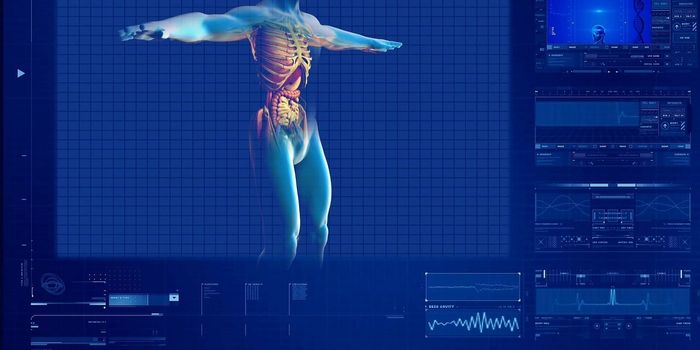Women With Benign Breast Diseases, Including Cysts and Fibroadenomas, Face Higher Risk of Breast Cancer
Though they are very common, benign breast diseases may indicate an increased likelihood of developing breast cancer at a later point. New research published in the International Journal of Environmental Research and Public Health highlights this trend by looking at a large cohort of data from over 700,000 patients who underwent breast screening.
Fibroadenomas and cysts are two common benign breast diseases. A fibroadenoma is a non-cancerous, solid breast lump that typically does not cause pain and does not require further treatment. Breast cysts, which are also non-cancerous, solid breast lumps, may cause pain or tenderness in the breast or nipple.
A recent study of ten screening centers in Spain collected data from over 700,000 patients between the ages of 50 and 69, over 17,500 of whom were diagnosed with a benign breast disease. The researchers found that about 2.5% of women with benign breast diseases were later diagnosed with breast cancer. This is a significant increase compared to the group of women not diagnosed with benign breast diseases, of whom about 1.5% were later diagnosed with breast cancer.
Study co-author Dr Román adds that this data “suggests that benign breast disease is a key indicator that a woman has a higher risk of breast cancer, rather than simply being something that could develop into a cancer. In fact, we often find the benign disease in one breast and then cancer develops in the other breast.”
Women with benign breast diseases could benefit from more frequent screening. Since survival chances are highest when breast cancer is diagnosed and treated early, more frequent screening could benefit this high-risk group.
“We can use this knowledge, alongside what we know about other risk factors, to help optimise the breast screening that we offer to women. For example, if a woman is diagnosed with a benign breast disease, and she has other high risk factors, such as a family history of breast cancer, she could benefit from more frequent screening,” says Dr. Román.
Sources: American Cancer Society, MayoClinic, International Journal of Environmental Research and Public Health








